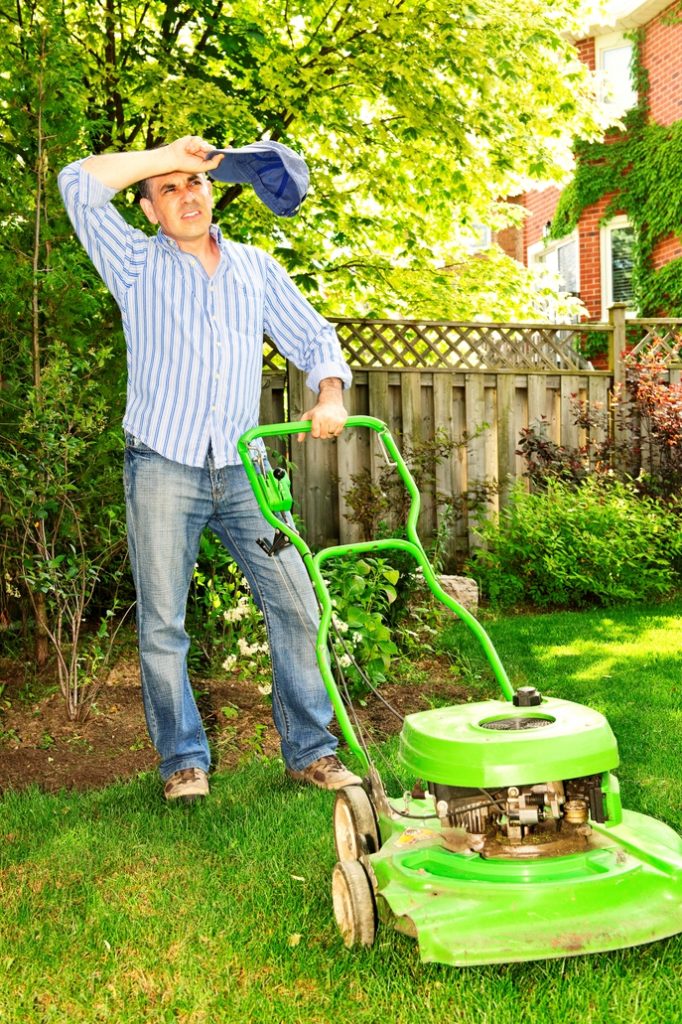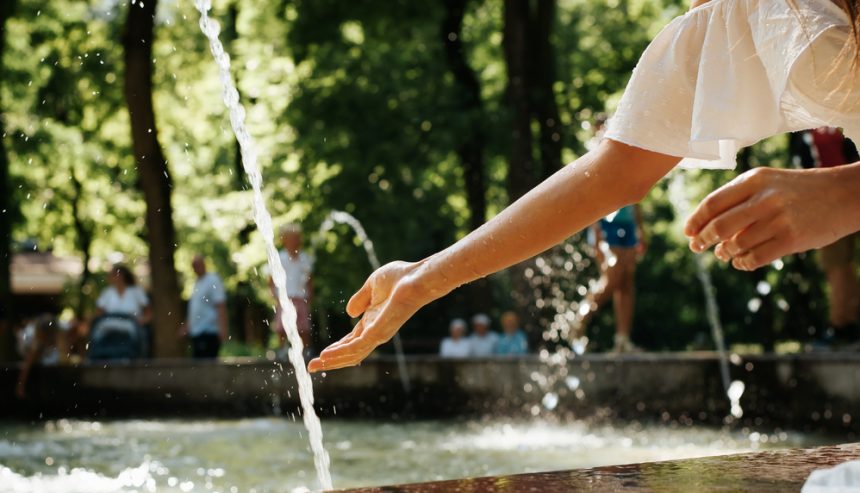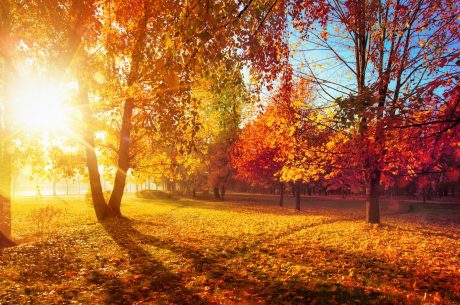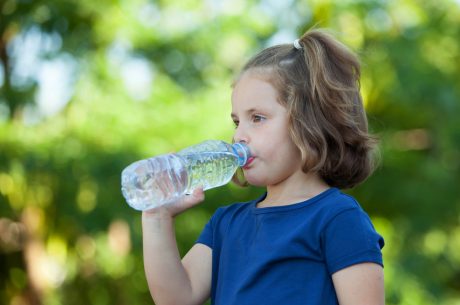As temperatures climb and heat waves become more frequent, it’s important to take proactive steps to protect your home, yard, and loved ones. Extreme heat isn’t just uncomfortable—it can be dangerous, increasing the risk of heat exhaustion, heat stroke, and aggravating chronic health conditions, especially among vulnerable groups such as seniors, young children, and pets.
These hot weather safety tips will help you maintain comfort, reduce risks, and safeguard your property during the hottest months.
Keeping Your Home Cool and Safe
Maximize Shade and Insulation
One of the most effective summer home maintenance tips is blocking out direct sunlight to keep indoor temperatures manageable. Use curtains, blinds, or reflective window coverings on sun-facing windows, especially during peak afternoon heat. Adding external awnings, installing shade cloths, or planting trees and shrubs around your property can also help reduce heat penetration.
By lowering indoor temperatures, you not only improve comfort but also reduce reliance on air conditioning—saving on summer energy costs.
Encourage Airflow
Cross-ventilation is a simple way to cool your home naturally. Open windows on opposite sides during early morning or late evening hours to allow fresh air to circulate. If your home layout limits this, use fans to push warm air out and draw cooler air in. Ceiling fans and portable units work well, but avoid running them in temperatures above 95°F—they may just circulate hot air instead of cooling it.
Reduce Internal Heat Sources
Appliances like ovens, stoves, and incandescent lights can quickly raise indoor temperatures. Limit cooking indoors during the day by opting for microwave meals, cold dishes, or outdoor grilling. Switch to energy-efficient appliances to minimize heat output and turn off unused electronics to reduce unnecessary warmth.
Prepare for Power Outages
Extreme heat can overload electrical grids, leading to outages. Store water bottles in the freezer to help keep your refrigerator cold if the power goes out. Keep a battery-operated fan, flashlight, and radio handy, and stock non-perishable foods and essential medications that don’t require refrigeration.
Yard and Outdoor Precautions
Plan Outdoor Activities Wisely
Avoid strenuous activity during the hottest part of the day. Schedule lawn care, gardening, or exercise for early mornings or late evenings. Drink water regularly to prevent dehydration and take breaks in shaded areas. These hot weather safety tips are especially important if you live in regions prone to high humidity, which can make heat even more dangerous.

Create Shade and Cool Zones
Invest in umbrellas, pop-up tents, pergolas, or shade sails for your patio or garden. Planting shade trees is a long-term solution that can lower yard temperatures, protect plants, and even cool your home.
Storm and Pest Preparedness
Summer storms can strike suddenly. Trim dead branches and remove weak limbs to prevent damage. Clean gutters to handle heavy rain, and secure outdoor furniture so it doesn’t blow away. Keep trash covered to avoid attracting pests, and patch screens to keep insects out of the house.
Additional Tips for Hot Weather Resilience
Moisture and Mold Control
In hot, humid climates, excess moisture can lead to mold growth—a serious problem that can damage your home and affect indoor air quality. Use dehumidifiers, ventilate bathrooms and kitchens, and promptly fix leaks.
Stay Informed
Monitor local weather forecasts and heat advisories. Know where you can go if your home becomes too hot, such as a cooling center, library, or shopping mall.
Community Support
Check in on elderly neighbors, families with small children, or anyone living alone. A simple phone call or quick visit can help prevent heat-related illnesses.
Hot Weather Safety Tips for Families
Stay Hydrated and Dress Appropriately
Drink water consistently throughout the day, even if you’re not thirsty. Avoid caffeinated or alcoholic beverages, which can accelerate dehydration. Wear lightweight, light-colored clothing and wide-brimmed hats for sun protection when outdoors.
Monitor Vulnerable Individuals
Older adults, young children, and people with chronic health issues are more susceptible to extreme heat. Ensure they have access to cool spaces and plenty of fluids. Arrange for a family member or neighbor to check on them daily during heat waves.
Recognize Signs of Heat Illness
Early signs of heat exhaustion include heavy sweating, dizziness, weakness, and nausea. If symptoms worsen—such as confusion, fainting, or a rapid pulse—it may be heat stroke, which is a medical emergency. Move the person to a cool place, provide water, and seek medical help immediately.
Pet Safety During Hot Weather
Pets are just as vulnerable to extreme temperatures as people. Never leave them in parked vehicles, even for a short time, as temperatures inside can skyrocket within minutes. Provide shaded outdoor areas and fresh water at all times.
Avoid walking pets on hot pavement, which can burn their paws. Instead, take them out during cooler hours, stick to shaded areas, or walk on grass.
Energy-Saving Summer Home Tips
While keeping cool is a top priority, you can also reduce your utility bills during the hottest months:
- Use energy-efficient window coverings.
- Switch to LED lighting, which emits less heat.
- Seal gaps in windows and doors to prevent cool air from escaping.
- Schedule HVAC maintenance before summer begins to ensure optimal performance.
These hot weather safety tips not only improve comfort but also lower your environmental impact.
Final Thoughts
By following these hot weather safety tips—from shading your home and planning outdoor activities carefully to protecting pets and preventing mold—you can reduce risks, stay comfortable, and protect your investment.
Extreme heat may be a fact of life in summer, but with a proactive approach, you can keep your household safe, your property in good condition, and your community resilient all season long.
When Hot Weather Leads to Property Damage
While prevention is best, summer storm preparation tips can’t always eliminate risk. High winds, lightning strikes, flooding from sudden downpours, and even mold from humidity can cause costly damage to homes. If your property suffers from weather-related issues such as water intrusion or structural damage, PuroClean offers professional restoration services to help you recover quickly and safely.



